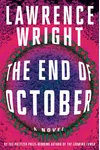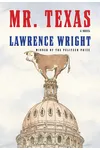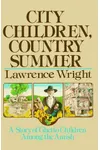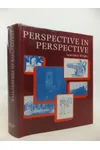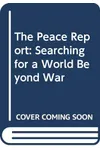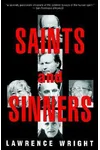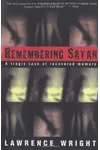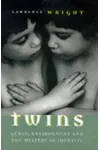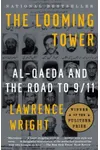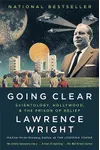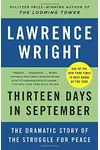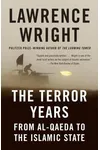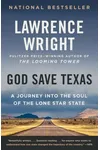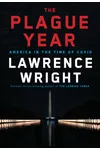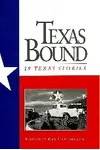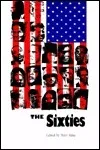Picture an American storyteller who unraveled the chilling truths behind global terrorism and Scientology’s inner workings—meet Lawrence Wright! Born in 1947, this Pulitzer Prize-winning author and New Yorker staff writer has a knack for diving deep into complex worlds, blending meticulous research with gripping narratives. From The Looming Tower to Going Clear, Wright’s works don’t just inform—they captivate, leaving readers both enlightened and on the edge of their seats.
With a career spanning journalism, books, and screenwriting, Wright’s ability to humanize sprawling topics has made him a literary force. Whether he’s exploring pandemics or cults, his stories resonate with curiosity and clarity. Ready to discover the man behind these unforgettable tales? Let’s dive into Lawrence Wright’s remarkable journey!
The Making of Lawrence Wright
Born on August 2, 1947, in Oklahoma City, Lawrence Wright grew up in a world far removed from the global stage he’d later illuminate. Raised in Dallas, Texas, he developed a love for storytelling early on, influenced by the vibrant narratives of his Southern upbringing. After studying at Tulane University and the American University in Cairo, Wright cut his teeth as a journalist, honing a sharp eye for detail and a passion for truth. His early career, including stints teaching in Egypt and writing for Texas Monthly, laid the groundwork for his investigative prowess.
Wright’s transition to long-form nonfiction was a natural fit. His curiosity about the world’s undercurrents—be it politics, religion, or human behavior—drove him to tackle subjects others might shy away from. This fearless spirit would define his career, turning him into a voice readers trust to unpack the toughest stories.
Lawrence Wright’s Unforgettable Stories
Wright’s bibliography reads like a masterclass in narrative nonfiction. His 2006 book, The Looming Tower: Al-Qaeda and the Road to 9/11, is a towering achievement, tracing the rise of al-Qaeda with chilling precision. The book won the Pulitzer Prize and was adapted into a Hulu series, cementing Wright’s reputation as a storyteller who can make history feel urgent. His meticulous research and vivid prose bring readers into the minds of both the perpetrators and those fighting against terror.
Equally compelling is Going Clear: Scientology, Hollywood, and the Prison of Belief (2013), a deep dive into the secretive world of Scientology. Wright’s balanced yet unflinching approach exposes the organization’s inner workings while humanizing its followers. Adapted into an HBO documentary, it sparked global conversations about faith and power. Other notable works include The Plague Year (2021), which chronicles the COVID-19 pandemic, and Thirteen Days in September (2014), a gripping account of the 1978 Camp David Accords. Wright’s style—clear, empathetic, and relentlessly curious—makes even the densest topics accessible and thrilling.
What sets Wright apart is his ability to weave big ideas into human stories. Whether he’s exploring geopolitics or personal belief, he grounds his narratives in real people, making readers care deeply about the stakes. His work doesn’t just inform; it challenges assumptions and sparks reflection.
Why Lawrence Wright Matters
Lawrence Wright’s impact extends beyond the page. His books have shaped public understanding of some of the most pressing issues of our time, from terrorism to religious extremism to global health crises. By tackling subjects with nuance and rigor, he’s elevated narrative nonfiction into a tool for empathy and insight. His adaptations, from Emmy-nominated documentaries to acclaimed series, have brought these stories to wider audiences, proving that truth can be as compelling as fiction.
Wright’s legacy lies in his courage to ask hard questions and his gift for making complex truths feel personal. In an era of information overload, his work reminds us of the power of a well-told story to cut through the noise and inspire change.
About Lawrence Wright
- Born: August 2, 1947, in Oklahoma City, Oklahoma
- Key Works: The Looming Tower, Going Clear, The Plague Year
- Awards: Pulitzer Prize for General Nonfiction (2007), National Magazine Award
- Fun Fact: Wright is also a musician, playing keyboards in the Austin-based blues band WhoDo!
Ready to explore a world of big ideas and gripping stories? Snag The Looming Tower or Going Clear and dive into Lawrence Wright’s masterful storytelling today!


